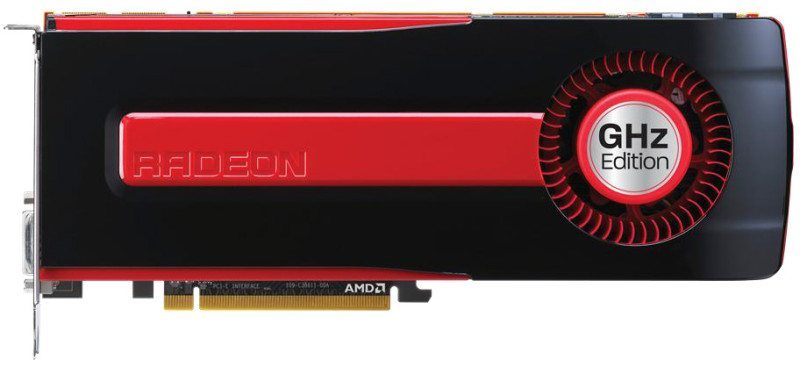Mantle and DX12 Will Give Major Boost to Multi-GPU Systems, Says AMD
Ashley Allen / 10 years ago

Multi-GPU systems will offer superpowered graphics cards, with the help of Mantle and DirectX 12, according to AMD. The combination of AMD’s Mantle API and Microsoft’s DirectX 12 could allow multi-GPU card to access the full RAM allocation, instead of being split between each GPU.
Robert Hallock, Head of Global Marketing at AMD, discussed the future of multi-GPU cards on Twitter, posting the following text in the form of an image:
In a “normal” graphics API, a system called “alternative-frame rendering” is performed with multi-GPU, In order for this to function properly, both GPUs need a complete copy of what’s going on in the game. Each GPU harbouring a complete copy of the game’s data in RAM is why we don’t get the combined RAM as a large pool. We “must” do this because most APIs don’t give developers sufficiently explicit control to intelligently assign data to each frame buffer.
Mantle is the first graphics API to transcend this behaviour and allow that much-needed explicit control. For example, you could do split-frame rendering with each GPU and its respective framebuffer handling 1/2 the screen. IN this way, the GPUs have extremely minimal information, allowing both GPUs to effectively behave as a single larger/faster GPU with a correspondingly large pool of memory. With Mantle, you could get very fine-grained, and start calling for specific objects to be assigned to each GPU. You have control of the individual GPU, and all functions/resources therein with Mantle.
Ultimately, he [sic] point is that gamers believe that two 4GB cards can’t possibly give you 8GB of useful memory. That may have been true for the last 25 years of PC gaming, but that’s not true with Mantle, and it’s not true with the low-overhead APIs that follow in Mantle’s footsteps.
Hallock gave no indication when AMD plans to implement its Mantle/DirectX 12 combination, but his open discussion on the matter suggests that it is already a work-in-progress.
Source: Bit Tech



















